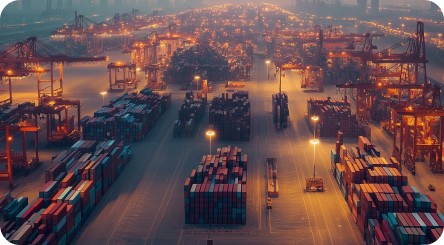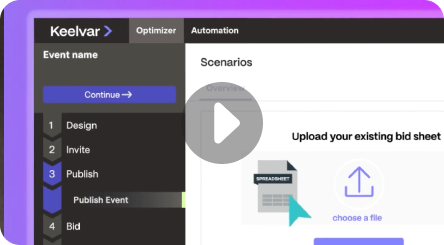1. Data-Driven Decision Making
Utilizing data analytics allows businesses to identify inefficiencies and forecast demand accurately. Predictive analytics and AI-driven insights help optimize procurement, inventory levels, and logistics planning.
2. Automation & AI in Procurement
AI-powered sourcing optimization, like Keelvar's technology, streamlines procurement processes by automating sourcing events, identifying cost-saving opportunities, and enabling smarter supplier selection.
3. Inventory Management Best Practices
Balancing inventory levels is crucial for avoiding stockouts and reducing carrying costs. Implementing just-in-time (JIT) inventory, demand forecasting, and automated replenishment systems can enhance efficiency.
4. Supplier Collaboration & Risk Management
Strong supplier relationships improve reliability and mitigate risks. Strategies such as multi-sourcing, risk assessment models, and real-time supplier monitoring help maintain a resilient supply chain.
5. Logistics & Transportation Optimization
Optimizing freight, reducing shipping costs, and leveraging route optimization tools ensure timely and cost-effective deliveries. Using AI-driven logistics solutions enhances decision-making in transportation planning.
6. Sustainable Supply Chain Practices
Incorporating sustainability into supply chain strategies reduces carbon footprints and ensures compliance with environmental regulations. Businesses can achieve this through green logistics, circular supply chain models, and sustainable sourcing initiatives.

.svg)
















.png)
